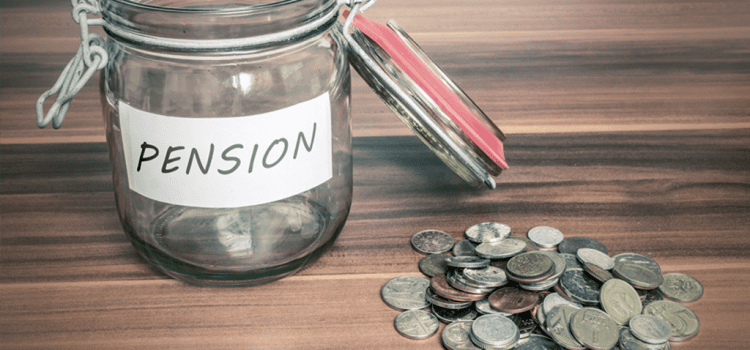The new tax year brought good news for the self-employed in the form of pension changes. From 6th or April, freelancers and the self-employed are now able to enjoy a boost in their state pension. Previously self-employed people were excluded from the additional earnings pension so the most they could earn was £119.30. Now freelancers are entitled to up to £155.65 a week.
This will only apply to those reaching pension age on or after 6th April. The changes will mean that men born after April 6th 1951 and women born after April 6th 1953 will be affected. Everyone else will still continue to receive the basic state pension.
Nowadays it is not unusual for people to spend around 20 years in retirement. With these changes, freelancers could potentially be gaining around £40,000 more.
Unlike employees, the self-employed will not be benefitting from the auto-enrolment scheme so this is welcome news for many who had otherwise felt left out of pension talks.
Pension problems for freelancers
However, most self-employed people are not even aware of these changes. It’s estimated that around 7 in 10 self-employed people are completely unaware of this new piece of legislation that will help them in the future. Though it is still early days, this news should perhaps have been given more attention so that freelancers can prepare and celebrate that they are finally being acknowledged as real workers.
The changes will certainly be welcomed but Steven Cameron, Pensions Director at Aegon UK warned that it’s not enough to simply rely on the state pension. Common advice is that people should pay into pension savings whenever they can and not underestimate how important this is to do so. It’s not just the self-employed who are encouraged to save more for retirement, employees are also encouraged to build on their state pension in order to realistically maintain their current lifestyle.
Pensions have always been a tricky topic for self-employed people and freelancers because they are essentially on their own. People are often warned against going freelance because of the uncertainty of their financial future. Those that choose to ignore these warnings may or may not be saving money. Some freelancers advise others to save a set percentage of every fee you earn, some for tax, expenses and then pensions. However, it’s thought that many don’t save for them at all. With rising numbers of people registering as self-employed, many are going to find themselves in an uncomfortable position come retirement age.
Last year’s analysis by Prudential of HMRC and ONS data revealed that fewer than 9% of self-employed people had paid into a personal pension plan. This could be due to lack of awareness or the instability of work. Many don’t have the spare cash to pay into a pension. With mortgages, the costs of running a business and paying off debts, pensions often take a back seat to many.
Younger people worse off
Despite this good news, reports keep saying that people in their 20s and 30s will be worse off due to other reforms to the state pension. Anyone retiring after 6th April will be part of the new flat-rate pension. The Pensions Policy Institute (PPI) said that the majority of young people will be getting less from this system than from the old one.
Around 11.4 million workers are expected to get less out of this new system because they will not qualify for the second state pension, despite paying full National Insurance Contributions.
PPI told the BBC that around 75% of people in their 20s would lose nearly £19,000 during the entirety of their retirement. Around two thirds of people in their 30s would lose about £17,000. However, the rest of workers in both these age groups are set to gain an average of £10,000.
The government’s response to this was that better workplace pensions would make it easier for younger people to save for their retirement.
With the majority of freelancers in their 20s and 30s, it will quickly become confusing trying to work out whether they will be better off or worse after these changes.
What do you think about the changes? Will you be better off or worse under the new system? Let us know your thoughts.







